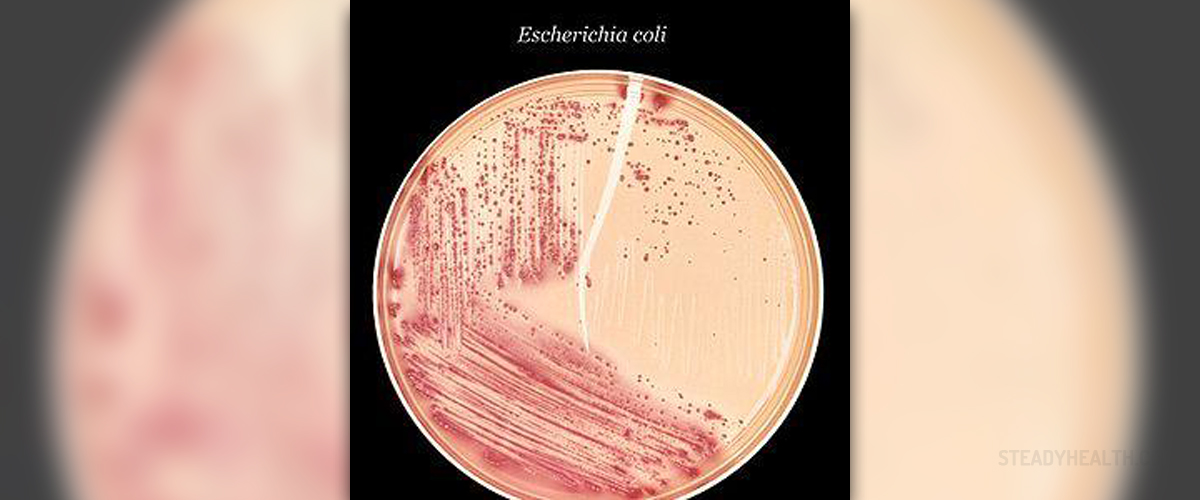
E. coli is a type of bacterium which is known to get into food and from there into the human system. The most common foods which contain this bacterium are beef and vegetables. The medical term for E. coli is Escherichia coli. It is important to know that these bacteria do not always cause damage to health. Almost every healthy person is thought to have E. coli in his or her intestine. The bacteria also play a significant role in the processing of foods a person consumes as they aid in the breaking down and digesting of consumed foods. However, not all types of the bacteria are helpful and there are some which can cause damage when they get into the blood or other body compartments. These cases are not that common but when they do occur a person can end up suffering from a serious infection.
Dangers of Escherichia Coli
Just like almost all other infections, an infection caused by E. coli triggers certain symptoms as well. The most commonly seen signs of this infection are severe stomach cramps and pain in the abdomen, vomiting and diarrhea. It is not uncommon for stool to have blood in it. It is important that a person does not neglect any of the symptoms and seeks medical assistance as soon as possible.
The bacteria do not only infect humans, it can infect animals as well. For instance, beef is known to contain E. coli. Apart from potentially contaminating various meats and meat products, the bacteria can also be found in manure, which farmers use to fertilize their land, in order to help the crops grow.
A person can transfer the infection to another person too. It is uncommon for serious E. coli infections to be transmitted in this way and such infections are almost always linked to food containing the bacteria. A person simply needs to consume the contaminated food and gets infected.
In order to prevent getting infected with E. coli, it is important to know which foods cause the poisoning in most cases. These foods include undercooked ground beef mainly consumed in the form of hamburgers, vegetables grown in cow manure or vegetables washed in contaminated water. Even unpasteurized fruit juice may be a source of harmful bacteria. Heat is known to kill these bacteria and that is why beef needs to be cooked properly before served. Washing all the vegetables before food preparation is very important as well because this way a person gets rid of most of the present bacteria, if not all of them.
Even though adults are in charge of preventing the infection by cooking meat properly, cleaning the countertops when preparing it and washing the vegetables properly before serving them, there are also some ways a child can be of help. For instance, when at a restaurant, a child should always order a burger well done. That means that it is brown both on the outside and on the inside. Avoiding accidental swallowing of lake and pool water needs to be achieved every time a person swims in such waters. Washing the hands after using the toilet and before meals is extremely important too.
How does it Look Like?
According to medical experts, E. coli is a Gram-negative and facultative anaerobic bacterium. It does not form spores and in almost all cases is shaped like a rod not exceeding 2.0 micrometers in length and 0.5 micrometers in diameter. The cell volume is of 0.6 to 0.7 micrometers. E. coli can live of a many different substrates.
In almost all cases E. coli needs 37 degrees Celsius in order to grow but certain studies have confirmed that its growth is possible at even 49 degrees Celsius. Both aerobic and anaerobic respiration better multiplication of E. coli. This is achieved thanks to a large variety of redox pairs. Oxidation or pyruvic acid, formic acid, hydrogen and amino acids are all included in the process of growth. Apart from this, the process of reduction of certain substrates like oxygen, nitrate, dimethyl sulfoxide and trimethylamine N-oxide is also included.
In case when a person is unable to prevent getting infected with E. coli, it is best that he or she goes to the hospital. The doctor will perform certain tests in order to see whether the person is actually infected. Apart from blood tests, a sample of the person’s stool is taken. The doctor will also advise the patient not to consume any anti-diarrhea medicines if he or she is suffering from E. coli infection even though diarrhea is one of the most commonly seen signs of the infection. These drugs should be avoided since they prolong the time which is needed to fight off the infection. In the majority of cases a person will recover at home but it is not uncommon that hospital care is needed.



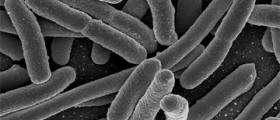
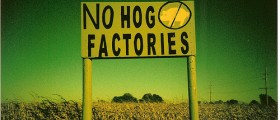






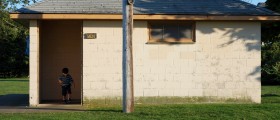

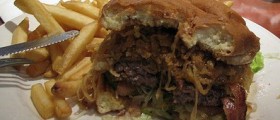

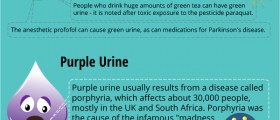

Your thoughts on this
Loading...